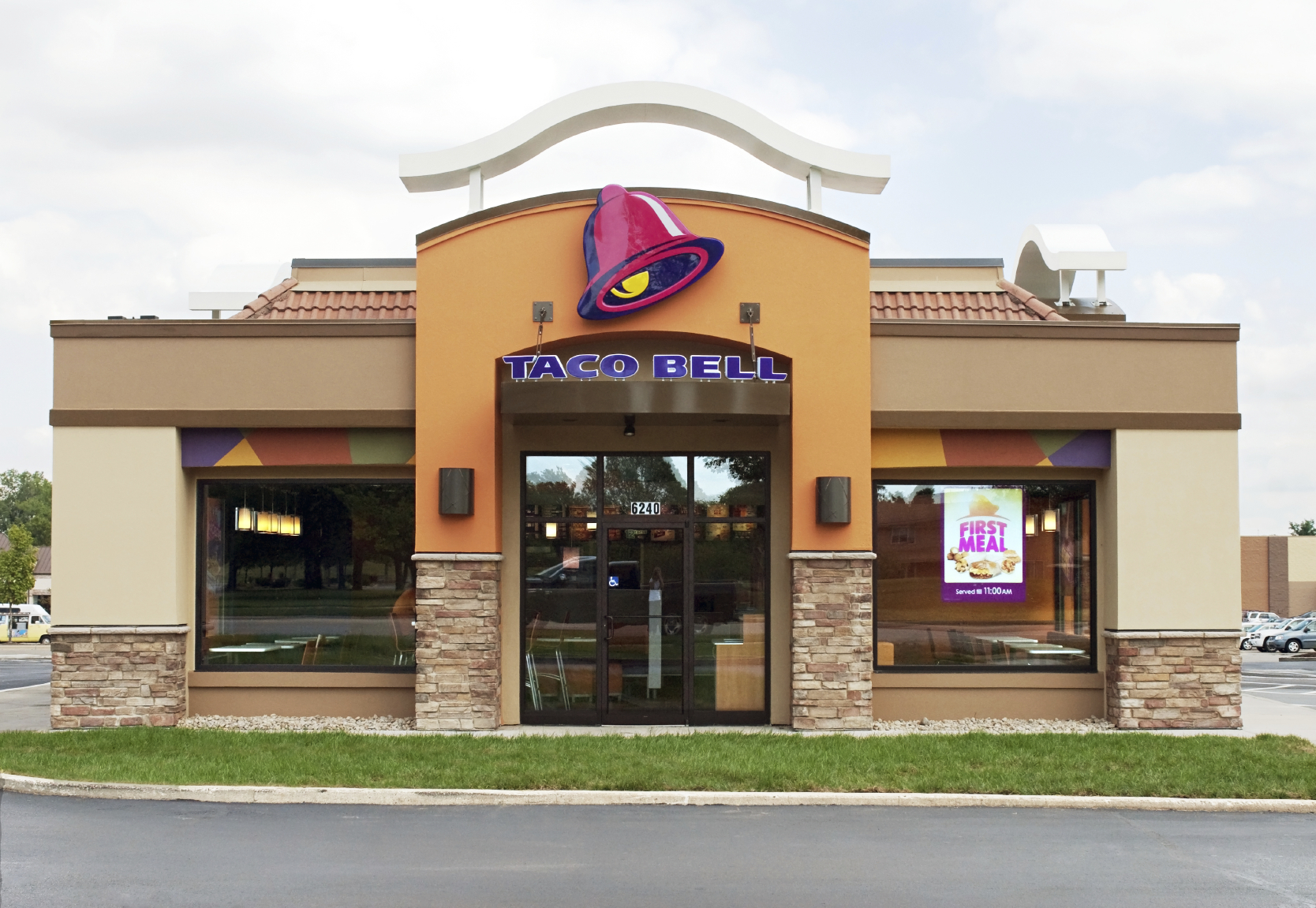You know that eating fast food is one of the worst things you can do for your health… And we’re not even talking about the “pink slime” scandal. It’s not even because of the ammonium hydroxide they use to “wash” their beef products. There are plenty of dangers they don’t even try to hide from you. Just look at Taco Bell.
To start things off, their “beef” is only 88% meat. Call us crazy, but we prefer 100% beef… Not some meat and some “other stuff.” And when you take a closer look at that “other stuff,” things get even shadier…
They use artificial black pepper flavoring… They even add GMO soy to help keep their beef from falling apart. But there’s one ingredient that really got our attention: Trehalose.
According to their site, it’s a “naturally occurring sugar” they use to “improve the taste” of their seasoned beef.1 The fact they’re adding sugar to something like beef is enough of a red flag on its own. But then we did some digging…
It turns out they use this stuff in Japan to sweeten foods. One of the first uses of trehalose was in surimi. It’s a fish paste that can be flavored and colored to resemble lobster or crab. The problem is it was too sweet for the Japanese market.2 That got us wanting to find out what it’s actually made of.
Trehalose is a sugar made from GMO corn. That’s dangerous for weight gain… But the proprietary process—if it’s like corn syrup—likely involves gasoline and hexane just to make it. Not exactly something you want to be eating.
Like high-fructose corn syrup (HFCS), trehalose is recognized as “safe” by the FDA. This means it’s not subject to the same requirements as other food additives.3 It may not be long before it ends up in other foods you wouldn’t expect. But what’s really scary about it is that its main purpose is to hold fake food together.
It keeps Taco Bell “meat” from deteriorating. They say it also seals in moisture and improves texture… In other words, it cuts their costs by making it last longer. Perhaps most disturbing of all? You’ll also find trehalose in fabric deodorizers, medical solutions, and moisturizers. It’s not something that should be in your food.
This is just another example of hidden—and dangerous—sugars lurking in processed foods. But unlike other sugars and artificial sweeteners, we don’t even know what trehalose can do to your health.
Remember, just because the FDA says it’s safe doesn’t mean it is. They’re the same people that think HFCS, aspartame, and monosodium glutamate (MSG) are good for you. But there’s an easy way to help cut your exposure—and take control of your health.
Our president, Angela Salerno, is conquering sugar. She’s giving it up for 30 full days. But that’s just the beginning.
Even products made with added sugars are off limits. She’s also cutting out artificial sweeteners. The challenge is underway… And you can follow her throughout the entire experience—even take part in it yourself—to see the impact kicking sugar and its imitators can have on your health.
Learn more about the Independent Healing 30-Day Sugar Free Challenge—and how to take part—HERE.
Like this Article? Forward this article here or Share on Facebook.
References:
1http://www.tacobell.com/nutrition/foodfacts/the-truth-about-our-ingredients
2http://www.foodnavigator-usa.com/Suppliers2/Taco-Bell-affair-publicity-boosts-Cargill-s-Trehalose-ingredient
3http://calorielab.com/news/2010/10/25/japans-trehalose-coming-soon-to-a-packaged-food-ingredient-list-near-you/

